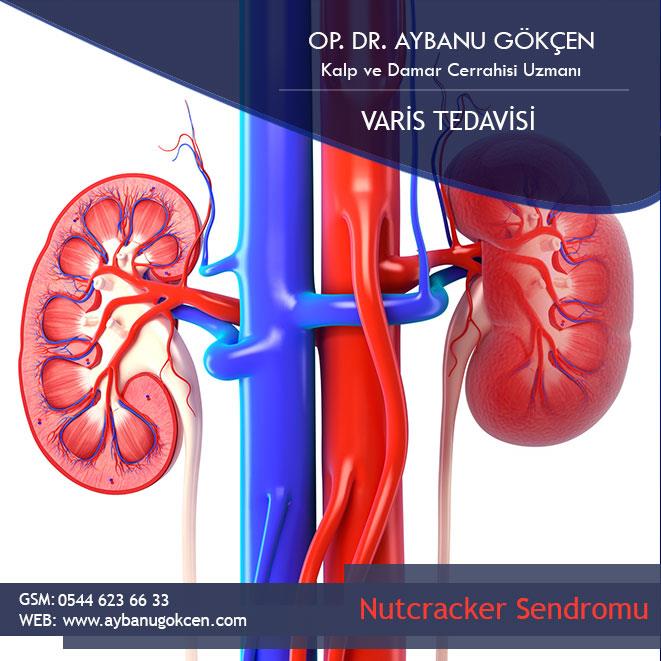
Understanding Nutcracker Syndrome in the Context of MALS.
Nutcracker Syndrome:
Understanding Nutcracker Syndrome, also known as MALS (Median Arcuate Ligament Syndrome), is crucial for diagnosing and managing this rare vascular condition. Median Arcuate Ligament Syndrome occurs when the median arcuate ligament, a connective tissue band, compresses the left renal vein, causing symptoms and complications. This compression resembles a nutcracker, hence the name.
The Implications of MALS:
Investigating the implications of Nutcracker Syndrome is essential to provide optimal care for affected individuals. The compression of the left renal vein disrupts normal blood flow and can lead to significant health issues. Mals Syndrome Symptoms may include abdominal pain, blood in urine, and varicocele in males, among others, causing challenges in daily activities and overall quality of life.
Exploring Diagnoses and Management:
Exploring the diagnoses and management of Median Arcuate Ligament Syndrome is vital to increase awareness and improve patient outcomes. Diagnosis often involves a combination of medical history evaluation, physical examination, imaging studies, and specialized tests. Treatment options range from conservative approaches, such as lifestyle modifications and medications, to surgical intervention to alleviate the compression and restore normal blood flow.
Understanding Nutcracker Syndrome and its implications is imperative for healthcare professionals and individuals seeking information about this vascular disorder. By exploring the diagnoses and management options, a multidisciplinary approach can help manage symptoms and improve the quality of life for those affected by Median Arcuate Ligament Syndrome.






